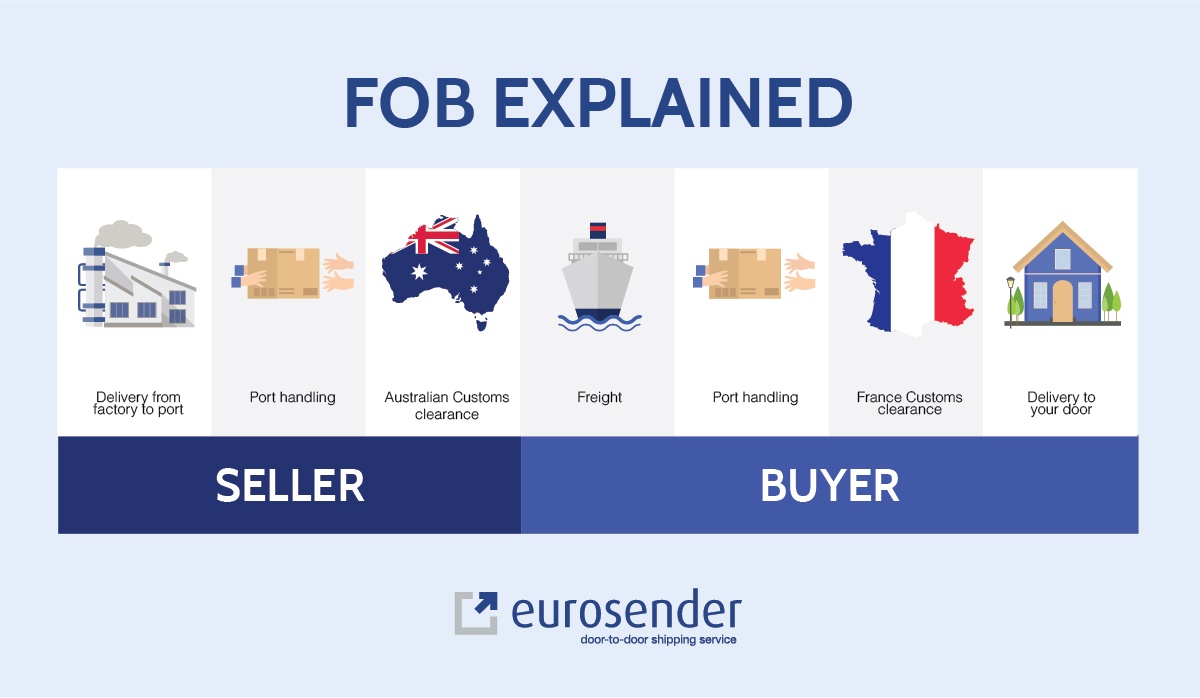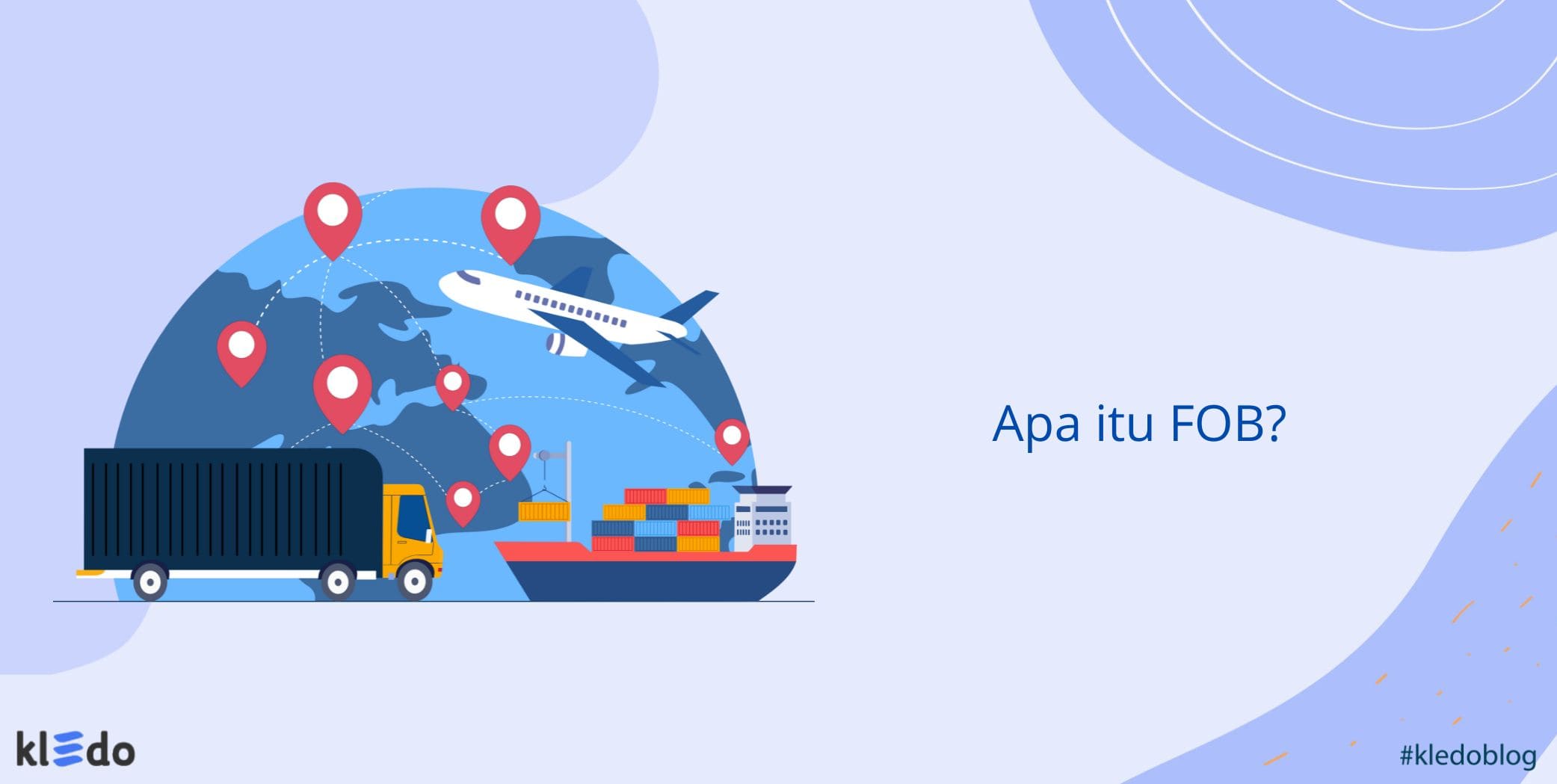
Some international traders seek to maximize their profits by buying FOB and selling CIF. FOB (Free On Board) means the seller’s responsibilities end once the goods reach the ship’s rail, so the buyer takes over. As opposed to “delivered”, which means that the seller bears all risks and costs until the goods get to the buyer’s what does fob stand for in accounting destination. Failing to check whether a shipment is labeled as FOB shipping point or FOB destination can leave you uninsured, out of pocket, and responsible for damaged or unsellable goods. If a shipment is sent FOB shipping point, the sale is considered complete as soon as the items are with the shipment carrier.
Examples of FOB Shipping Point and FOB Destination
FOB in accounting terms determines when the buyer and seller record the sale in their ledgers. FOB shipping costs are important to a buyer because they affect their inventory costs. Free on board (FOB), sometimes known as “freight on board,” is a common agreement for international shipping. It indicates the point when the costs and risks of shipping shifts from the seller to the buyer. FOB shipping point (aka FOB origin) means that the title and responsibility of goods transfer from the seller to the buyer at the point of shipping. FOB destination means that the title and responsibility are transferred at the final shipping destination.
- Domestic shipments within the United States or Canada often use a different meaning, specific to North America, which is inconsistent with the Incoterms standards.
- A buyer receiving goods FOB Destination might send them back to the seller if the shipment is badly damaged.
- A common mistake is to use FOB (Free on Board) Incoterms® for containerised goods instead of using a rule for all transport modes.
- The internationalization of markets and technological progress in logistics, distribution, and communication means this affects almost every product consumers buy.
Use a freight forwarder
Since the customer takes ownership of the goods at its own receiving dock, that is also where the supplier should record a sale. In addition, sellers are typically responsible for freight charges, which adds to their overall costs. To account for these expenses, sellers may need to increase the final price for the buyer. This can affect the seller’s competitiveness in the market, as buyers may opt for lower-priced alternatives. Another disadvantage of FOB Origin is that the buyer is wholly responsible for arranging and managing transportation. Delivery is complete when the shipped goods are ready to be unloaded by the buyer or their representative.
What Is the Difference Between FOB and CIF?
Additionally, FOB terms can help streamline operations by eliminating unnecessary paperwork and processes related to international shipments. Under the FOB Origin, the risk of damage or loss transfers from the seller to the buyer when the goods are loaded onto the transporting vessel at its origin port. This means that any damages, losses, or delays incurred during transit will be borne by the buyer. Under FOB terms, the responsibility and cost of the goods are with the buyer from the point when they leave the seller’s premises until they reach their destination port.

Which of these is most important for your financial advisor to have?
At the same time, the buyer will record the goods as inventory, even though they’re yet to physically receive them. When goods are labeled with a destination port, the seller stays responsible for damages, lost items, and other costs and issues until the shipment is complete. In shipping documents and contracts, the term “FOB” is followed by a location in parentheses. The primary benefit of FOB shipping is that it helps minimize risk and liability for the exporter. Once the goods are placed on board, any damage or loss incurred during transit is no longer the exporter’s responsibility. This means that if something happens to the shipment while it is en route, they will not be liable for any damages or losses suffered.
Types of FOB Contracts
However, it is common practice for the shipper to hand over the cargo to the carrier at the terminal where it awaits to be loaded onto the vessel. Instead, use FCA (Free Carrier), CPT (Carriage Paid To), and CIP (Carriage and Insurance Paid To), which are the correct alternatives as they are meant for containerised freight. Under Free on Board, the seller is responsible for delivering the goods to the port of departure, clearing it for export, and loading the goods on the vessel. Once the goods are on the vessel, the risk transfers from the seller to the buyer, who from that point is responsible for all costs thereafter. When transporting products to a customer, the two basic alternatives are FOB shipping point or FOB destination.
Sight drafts that allow the seller to draw their payment out of the buyer’s bank account are a standard method in international shipping. A letter of credit from the buyer’s bank can also protect the seller from cheating buyers. FOB destination, on the other hand, transfers the ownership of the goods at the delivery point with the seller traditionally paying for the shipping expenses. Since the ownership of the goods doesn’t transfer to the buyer until the goods arrive at the delivery point, the risk of loss during transit is on the seller.
The FOB Incoterms® rule is only applied to goods transported by sea or inland waterway. If anything happens to the goods on any leg of the journey to the buyer, the supplier assumes all responsibility. For FOB shipping, you can get an FOB price estimate using Freightos.com’s International Freight Rate Calculator. When you are shipping loose cargo (ie, not a full container), for example, your goods must go through a Container Freight Station (CFS) to be consolidated into a container.
You should be able to answer the question of what does FOB mean in shipping and convey the fob price meaning. FOB is an acronym that means “free on board,” so FOB destination means free on board destination. Incoterms are international commercial terms published by the International Chamber of Commerce. They’re meant to make foreign trade seamless with clearly defined roles for buyers and sellers in the global market. First developed in 1936, the terms are used by 45 million companies in more than 170 countries.
For FOB Destination Point agreements, ownership transfers at the opposite end of the journey. Only upon delivery, at the predetermined destination, do the costs and responsibilities transfer to the buyer. The invoice automatically does the math, including the subtotal, total, and amount due (you can also specify if some part of the amount has already been paid). There is also a field where you can include notes, such as shipping instructions and dates.
In FOB Destination Point agreements, buyers often feel they’re in a passenger seat. The entire shipping process, from carrier selection to route decisions, is in the seller’s hands. Incoterms (International Commercial Terms) are a set of internationally recognized standards that define the roles of buyers and sellers in the transfer of goods in international and domestic trade.